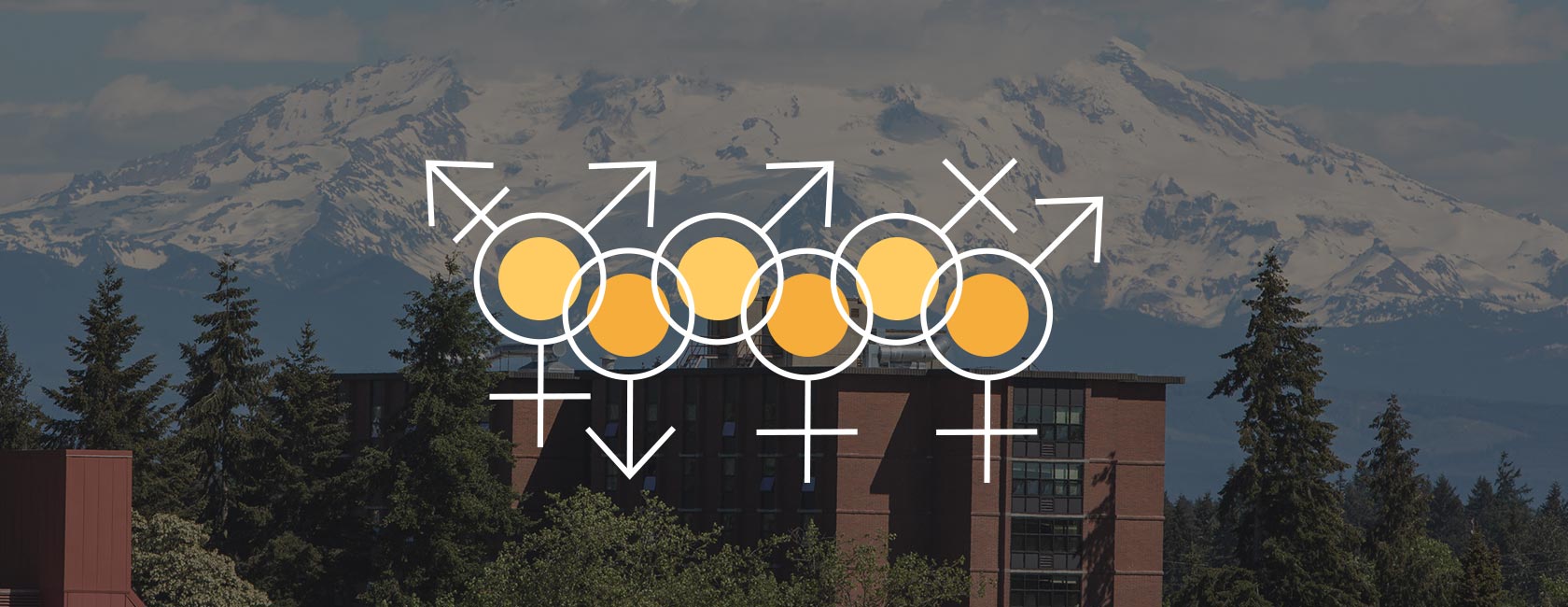An Open Letter: Transgender Day of Remembrance

Image: Transgender Day of Remembrance, which occurs annually on November 20, is a day to memorialize those who have been murdered as a result of transphobia and to bring attention to the continued violence endured by the transgender community.
Dear Campus Community:
This Sunday, November 20th, is the annual observance of the Transgender Day of Remembrance. Founded in 1999, TDOR is an opportunity to memorialize the people murdered because of transphobia, and to bring attention to the continued violence and prejudice endured by the transgender community. Transgender people cannot be visible only when they are being mourned. As recent activism reminds us, their lives matter, not solely their deaths.
Rita Hester—whose murder in Massachusetts on November 28, 1998 prompted her friend, Gwendolyn Ann Smith, to create the Transgender Day of Remembrance—was an African American trans woman. The compounding of gender identity, race, and socioeconomic status renders some more vulnerable to violence than others. Legal scholar Kimberle Crenshaw coined the term “intersectional” to describe how our identities overlap in vastly complex configurations of privilege and oppression. While it is imperative to acknowledge the violence done to transgender individuals, these individuals are not transgender alone. It is impossible to understand these acts of violence without considering other dimensions of their lives, and accounting for the totality of their identities.
According to a 2015 study by the National Coalition of Anti-Violence Programs, people of color made up 77 percent of the reports of LGBTQ homicides, and transgender women were three times more likely to report experiencing violence. This day, then, is an opportunity not only to see how all oppression is connected, but it is also an opportunity—should we take it—to see how our privileges hold us responsible for those impacted by oppression, to reflect on our relationship to these systems of power, and to act. It is not enough simply to honor the memory of the dead—we must transform the practices of the living. Only in addressing such issues will PLU become a model of inclusive excellence, a place that examines itself through the lens of justice and makes change accordingly, and, ultimately, a place of true belonging.
The Listen campaign launched this fall is a step in our long journey. Radical inclusivity and justice for all is our ultimate goal. And, in this season of gratitude, we appreciate and celebrate such student activists as The Collective, whose goal is to be advocates for the importance of all voices, all identities, and all people who exist together in this collective space; and Angie Tinker ’16, whose work in challenging gender labels reminds us of what is lost when we neglect members of our community.
If all oppression is connected, then so too is our responsibility to end it. I invite you to join me this Friday, November 18, in the Regency Room of the Anderson University Center beginning at 6:00 p.m. for a remembrance event hosted by the Center for Gender Equity, Campus Ministry, the Queer Ally Student Union, and the Gender Alliance of the South Sound. The event will feature speakers, the reading of the names of people who were murdered, numbering over 90 since this time last year, and an opportunity for prayer and reflection.
And on December 7 from 3:45-5:00 p.m. in Chris Knutzen Hall West of the Anderson University Center, I invite you to join me for our first Listen Forum, focused on community questions and dialogue related to implicit racial and ethnic bias. This forum will begin to answer the questions: What is implicit bias? Why does it matter? What is the impact on belonging? How do we respond?
We must understand that our identities–our points of privilege and oppression–can’t be considered in isolation. Gender and race, identity and politics, crime and justice, and family and culture all overlap and intersect. Now, more than ever, is the time for more civic engagement, more conversation, more empathy, more leadership. Lutes need to lead the way in stepping up to right wrongs and to protect our most vulnerable if we are to be true to our mission of care for other people, for their communities and for the Earth. It is in times like these that our values and our faith are most tested. We can have these difficult conversations. We can create change. We must.
Sincerely,
Thomas W. Krise, Ph.D.
President and Professor of English


